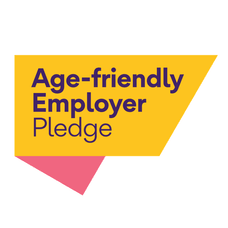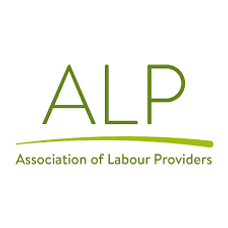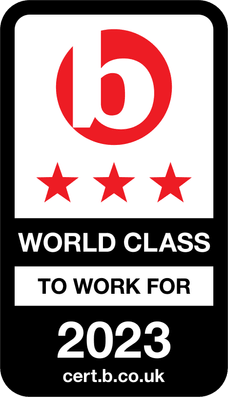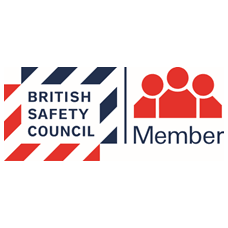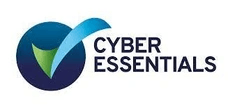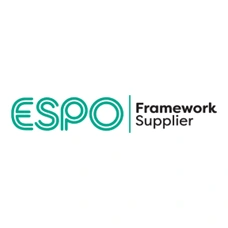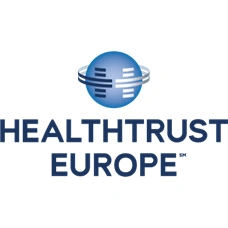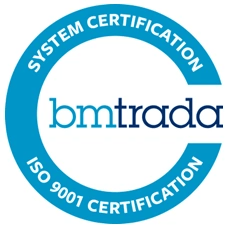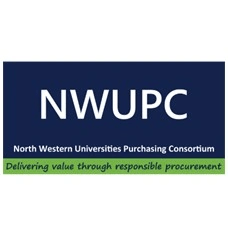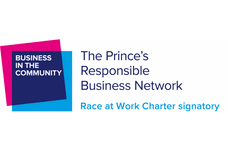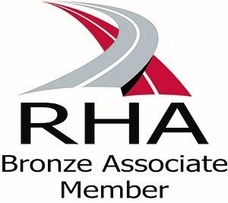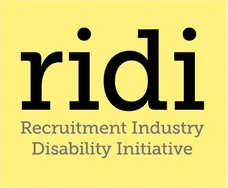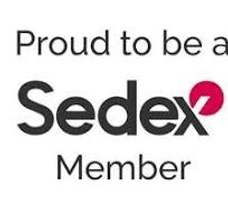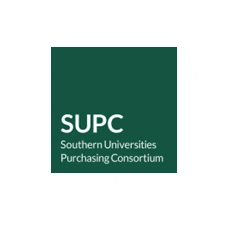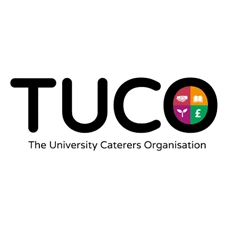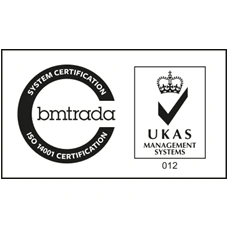How Generational Attitudes Towards Environmental and Social Matters Impact Your Recruitment

A business’s environmental and social impact, and what the company is doing to demonstrate positive change, is key to the satisfaction and productivity of the workforce. Depending on the age demographic of your workers, different values will be a priority. Understanding the attitudes of your workers, and striving to meet your social and environmental standards, can positively influence your recruitment and staff retention.
Understanding the Spectrum of Attitudes
Unsurprisingly, workers with different lived experiences, expect very different things from their employers. Some grew up in the difficult post-war years, where stability mattered above all else. Whereas workers under 40 came of age in the socially conscious digital era, putting heightened importance on making a positive difference. Employers are expected to represent their employees through their environmental and social policies.
Generational attitudes include:
Traditionalists (pre-1946)
This generation makes up just 2% of the workforce and have historically been fairly apathetic to business’s ethics. Growing up in the turbulent post-war period, traditionalists are more likely to prioritise job security and loyalty over social and environmental impacts. Those that are still working are past retirement age, suggesting they’re doing so for financial reasons or simply to keep busy. Traditionalists are committed, focused employees who can bring a different perspective and are often loyal to businesses, regardless of their environmental stance.
Baby boomers (1946-1964)
Baby boomers, or boomers, are likely to ‘live to work’ and look for ways to achieve their financial or career goals with a business, rather than look for a sense of moral belonging to their firm.
Most boomers grew up before issues such as climate change were regularly discussed and with different cultural standards to their younger workforces. They tend to respect authority and are less likely to be outspoken on environmental or social issues, making them unlikely to leave because of an employer’s policies.
Generation X (1965-1980)
Having lived through times of political and economic instability, generation (gen) X are likely to care more about finding an ethical employer. With access to more information than their parents, they’re considered the first modern generation of change makers, now accounting for around a third of the workforce.
Compared to baby boomers, gen X are more likely to prioritise a healthy work/life balance. Typically, they’re less loyal to employers and are more likely to interview elsewhere if they feel unappreciated. However, gen X are not as impact driven as their younger colleagues when it comes to the environment. Their priority is finding workplaces that make them feel valued, fulfilled, and able to achieve their individual goals.
Millennials (1981–1996)
Millennials grew up with a heightened awareness of climate change and political issues. It’s unsurprising, then, that the environmental and social impacts of their employers is of greater importance to them.
To attract and retain this socially conscious generation, businesses must seriously consider their impact. This could mean publicly sharing your environmental, social and governance (ESG) values and approach to demonstrate your ethical credentials.
Generation Z (1997-2013)
Generation (gen) Z are coming of age and ushering in a new era of social and environmental responsibility. As well as building fulfilling careers, this generation of workers want to use their time and energy to support businesses that are taking action. They value salary less than any generation before them, prioritising flexibility, a strong work/life balance, and purpose instead. Clearly committing to inclusivity and social ethics can help you appeal to this generation of candidates.
How Candidates Assess a Business’s Impact
Whether you’re looking to improve your recruitment efforts with younger workforces or instil better environmental, social, and governance (ESG) into your business, ensuring that you’re working towards meaningful certifications and commitments is essential.
If you’re looking to strengthen your credentials, recognised marks of a responsible business include:
- B Corp certification: A rigorous, externally assessed certification that shows a business is genuinely committed to doing right by the environment, communities, and its workers.
- Corporate Social Responsibility (CSR) initiatives: This can be anything from volunteering for charitable donations to energy-saving efforts carried out by staff.
- Net zero commitments: If your business makes and publishes how you’re planning to get to net zero carbon emissions, and when by, it shows you’re serious about your climate impact.
- Environmental, social, governance (ESG): Larger businesses should consider publishing an ESG report, also known as a Social Impact or Social Value Report. This visibility means that candidates can understand your stance on different issues and buy into your goals.
Approaching your social and environmental impacts through official certification and credentials is important to avoid greenwashing. Not only is it important for candidates who want aligning values and morals, but failure to follow through can also cause your business legal and compliance issues.
If you’re finding it challenging to navigate changing candidate expectations, learn more about how Blue Arrow’s experts are preparing for the future of recruitment. See our Social Impact Report here.
